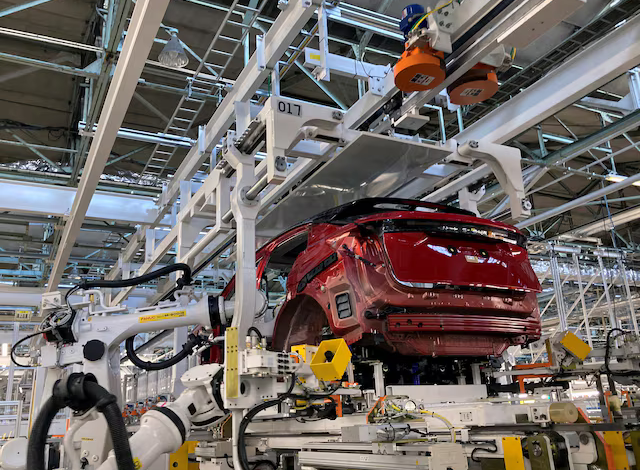Honda and Nissan are in talks to strengthen their collaboration, with the possibility of a merger being considered, as both companies seek to confront the mounting competition from Chinese electric vehicle (EV) manufacturers, Reuters reports.
The two Japanese automakers, struggling to keep pace with domestic Chinese brands, particularly in China, the world’s largest car market, are exploring ways to pool resources and improve global competitiveness.
Both companies have been facing challenges due to declining sales in China, where local EV producers like BYD and other domestic brands have gained significant market share. These Chinese companies have rapidly advanced in EV technology, offering vehicles equipped with innovative software and hybrid capabilities that appeal to consumers. As a result, Honda has seen a 15% drop in quarterly profits, and Nissan, which has been struggling for years, plans to cut 9,000 jobs globally and reduce its manufacturing capacity by 20%.
The discussions about a potential merger come at a critical time for Japan’s auto industry, which is a key pillar of the country’s economy, employing over 5 million people and representing 8% of the workforce. According to recent data, Japan’s automotive supply chain is worth around 42 trillion yen ($270 billion), accounting for roughly 7% of the nation’s GDP. Given the industry’s economic importance, any significant decline in Japan’s automotive sector would have wide-reaching consequences for the broader manufacturing landscape in the country.
Experts, including Sanshiro Fukao of the Itochu Research Institute, caution that the rapid pace of innovation in China’s EV sector leaves Japanese automakers with little time to adapt. The traditional approach of merging to achieve economies of scale may not suffice in the current environment, where the shift towards battery-powered vehicles and the demand for smart, software-heavy cars is transforming the market. Japanese automakers, long celebrated for their precision manufacturing and incremental improvements, now face a steep challenge in keeping up with the digital and software advancements that have become central to consumer demand for modern vehicles.
Despite these challenges, some observers hope that further collaboration between Honda and Nissan could improve their competitiveness on the global stage. Eikei Suzuki, a lawmaker from the ruling Liberal Democratic Party, expressed optimism that such a merger could strengthen Japan’s automotive industry, but he also emphasized the importance of protecting local manufacturing and employment, which is crucial to Japan’s regional economies.
The potential for large-scale job losses in the auto industry, especially in supply chains and among workers involved in engine production, has also been a point of concern. Toyota, Japan’s largest carmaker, has been vocal about the risks of an all-EV future, warning that the industry could face significant job cuts if it shifts too rapidly towards electric-only models.









